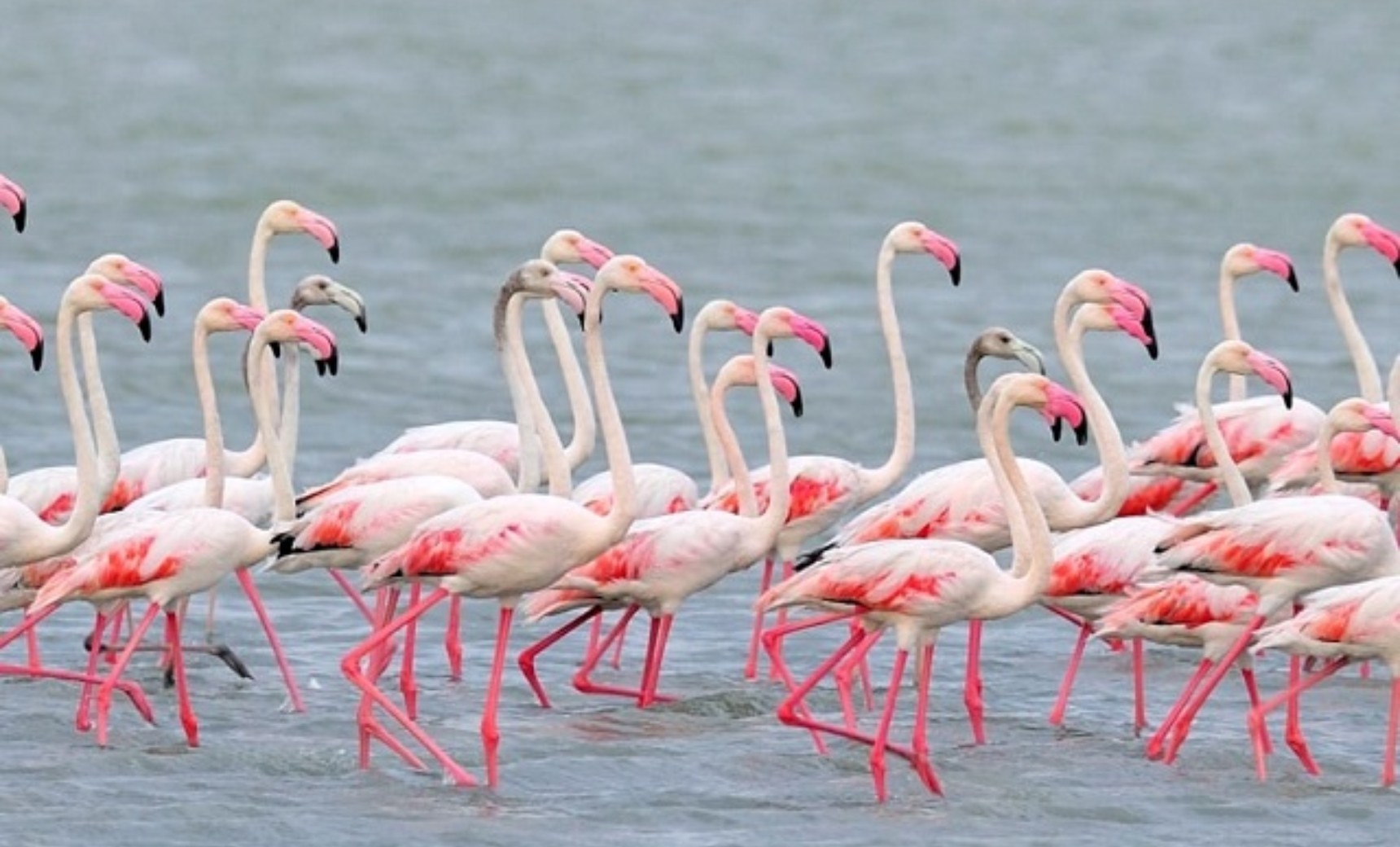Murtaza Jafferjee, Chairman of the Colombo-based think tank Advocata Institute, advocates for opening both traded and non-traded sectors in Sri Lanka to competition. According to Jafferjee, competition is crucial for boosting productivity and reducing prices, addressing the crisis facing the nation. He highlights an unsolicited deal given to India’s Adani group without competition, violating an International Monetary Fund requirement to reduce corruption through tendering.
Jafferjee emphasizes the need for competitive tenders in projects such as wind and solar energy to drive prices down. He questions Sri Lanka’s decision to purchase power at 8.26 US cents per unit from a wind power project, contrasting it with potentially lower prices from competitive tenders. He stresses that without competition, there is no pressure to increase productivity or reduce costs, hindering economic growth.
The absence of a procurement law and competition commission further compounds Sri Lanka’s economic challenges. Jafferjee underscores the importance of exposing the economy to market forces and introducing competition in both traded and non-traded sectors. He suggests that embracing competition will lead to productivity improvements and attract intelligent individuals to optimize processes, ultimately driving economic development.
Jafferjee’s insights shed light on the need for Sri Lanka to prioritize competition and market exposure to overcome economic hurdles and stimulate growth.


